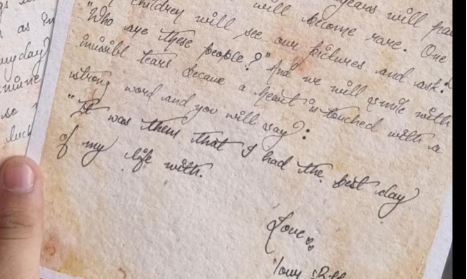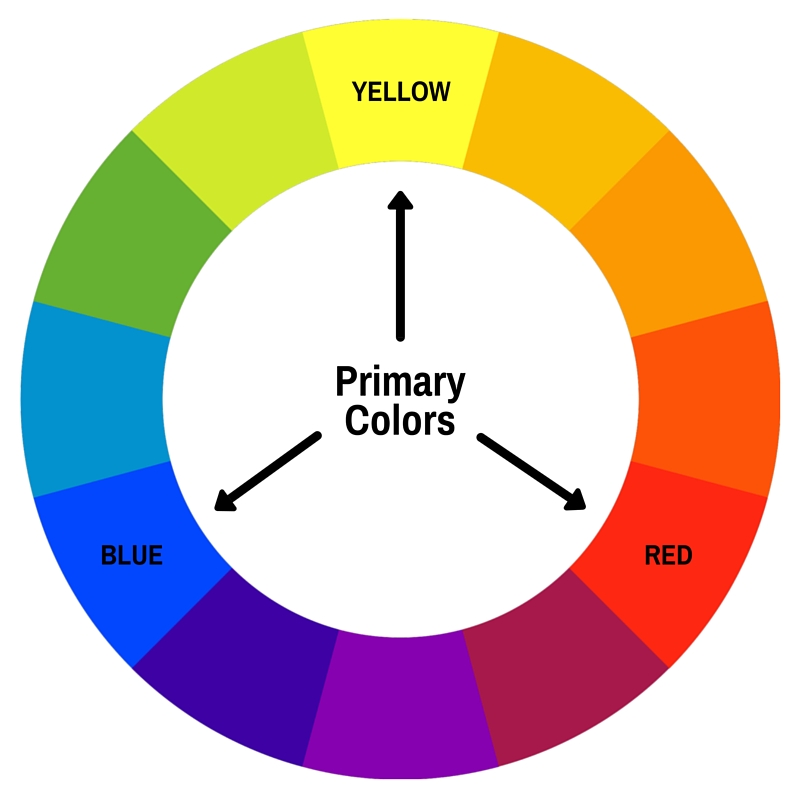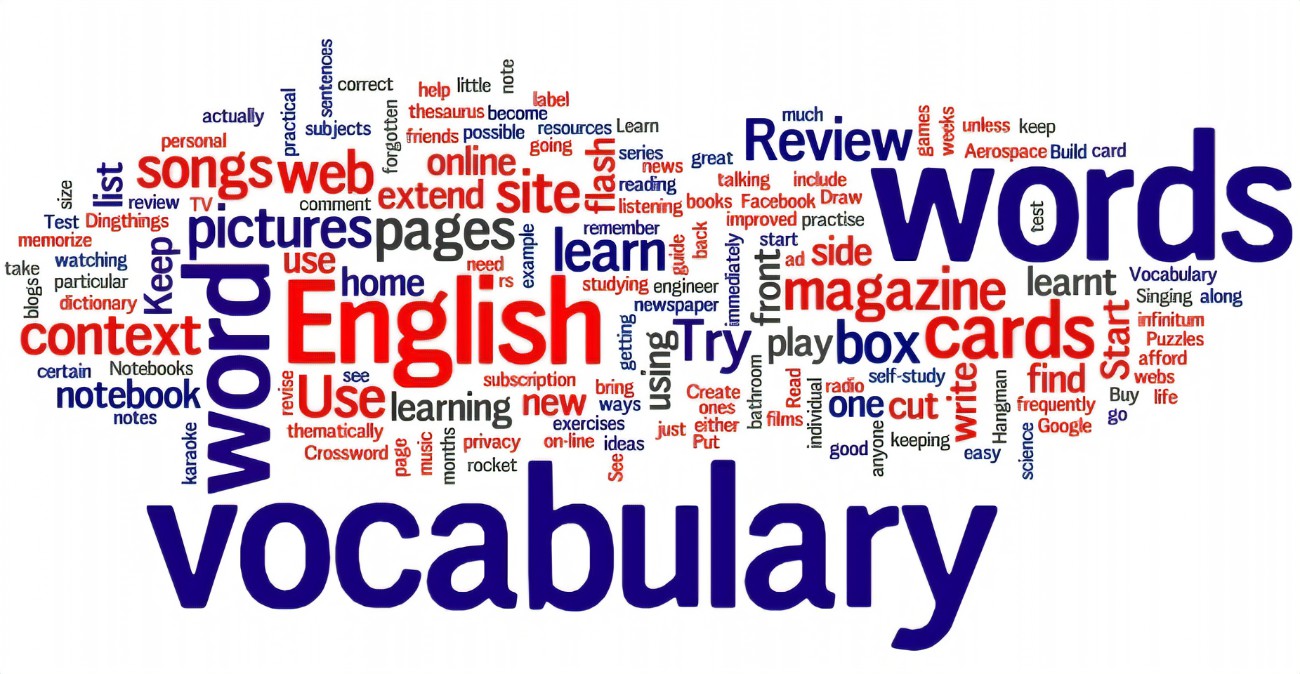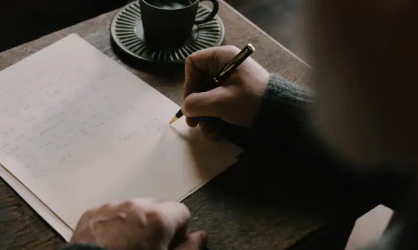Writing a good composition involves several key elements that help create a well-structured and engaging piece of writing. Whether you’re working on an essay, story, or any other form of composition, here are some tips to guide you:
- Understand the Purpose: Clarify the purpose of your composition. Are you informing, persuading, entertaining, or reflecting? Understanding the goal will help you maintain focus throughout your writing.
- Know Your Audience: Consider who will be reading your composition. Tailor your language, tone, and content to suit your audience’s interests and level of understanding.
- Create an Outline: Before diving into the writing, outline your composition. This roadmap will help you organize your thoughts and maintain a logical flow.
- Catchy Introduction: Begin with a strong opening that grabs the reader’s attention. You can use an intriguing question, an interesting fact, a relevant quote, or a captivating anecdote.
- Clear Structure: Divide your composition into paragraphs, each focusing on a specific point or idea. Ensure there is a smooth transition between paragraphs to maintain coherence.
- Develop Your Ideas: Elaborate on your main points with supporting evidence, examples, and explanations. Use relevant data, facts, and anecdotes to make your composition more convincing and relatable.
- Use Descriptive Language: Enrich your composition with vivid and descriptive language. Sensory details and imagery can make your writing more engaging and memorable.
- Be Concise: Avoid unnecessary fluff or repetition. Choose your words carefully, and make sure each sentence contributes meaningfully to the composition.
- Stay Focused: Stick to the main theme or thesis of your composition. Straying too far from your central idea can confuse readers and weaken your argument.
- Address Counterarguments (if applicable): If your composition involves making a persuasive or argumentative point, acknowledge opposing viewpoints and counterarguments. Then, provide evidence and reasoning to strengthen your position.
- Logical Conclusion: Summarize your main points and restate your thesis in a conclusive manner. Leave a lasting impression on your readers, prompting them to think or act upon what you’ve written.
- Edit and Revise: Once you’ve completed your composition, take the time to review and edit it. Check for grammatical errors, spelling mistakes, and clarity issues. If possible, ask someone else to read your work and provide feedback.
- Practice Regularly: Writing is a skill that improves with practice. Challenge yourself to write regularly on various topics to enhance your composition abilities.
Remember, writing is a creative process, and each writer develops their unique style over time. Don’t be afraid to experiment and find what works best for you. Happy writing!
































